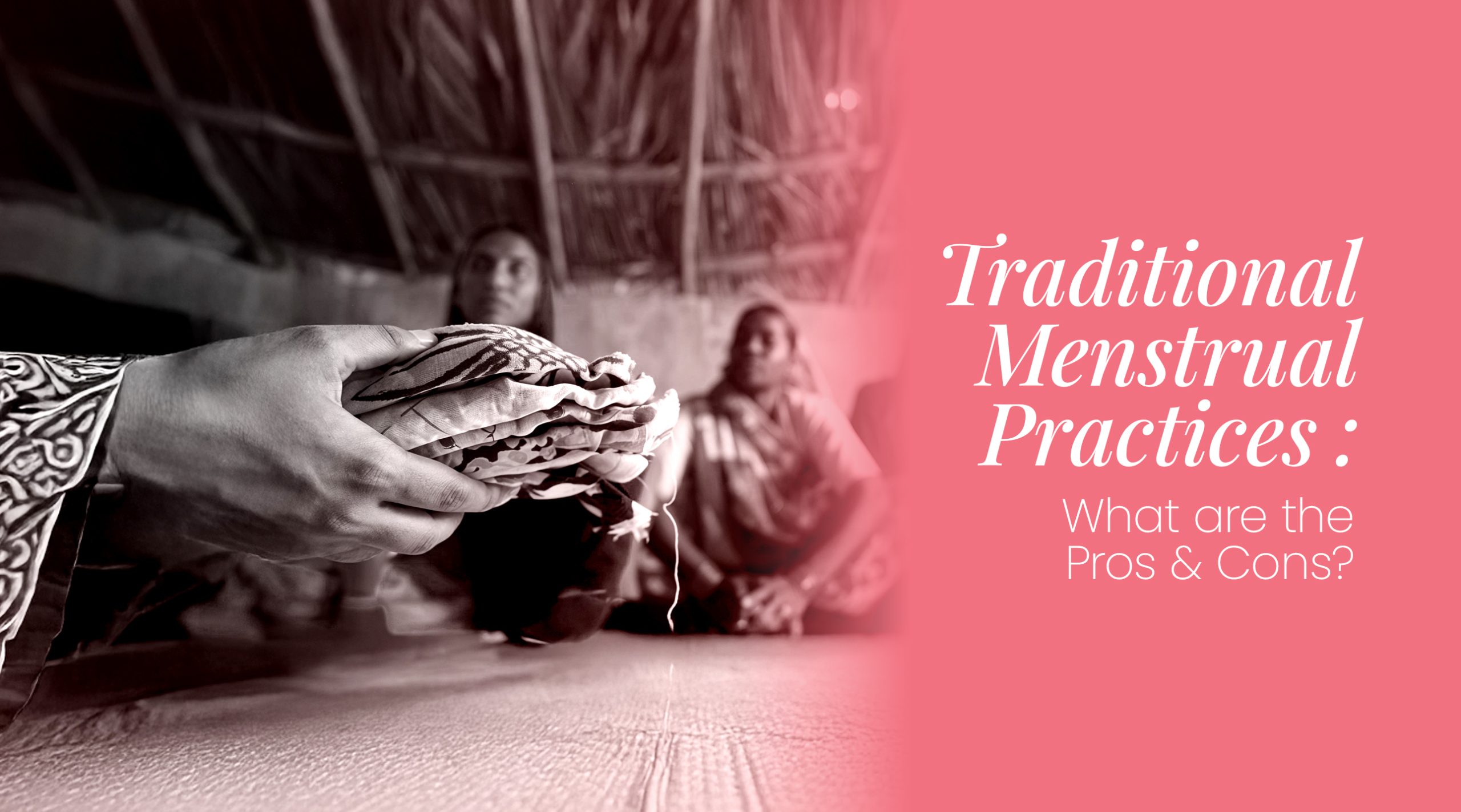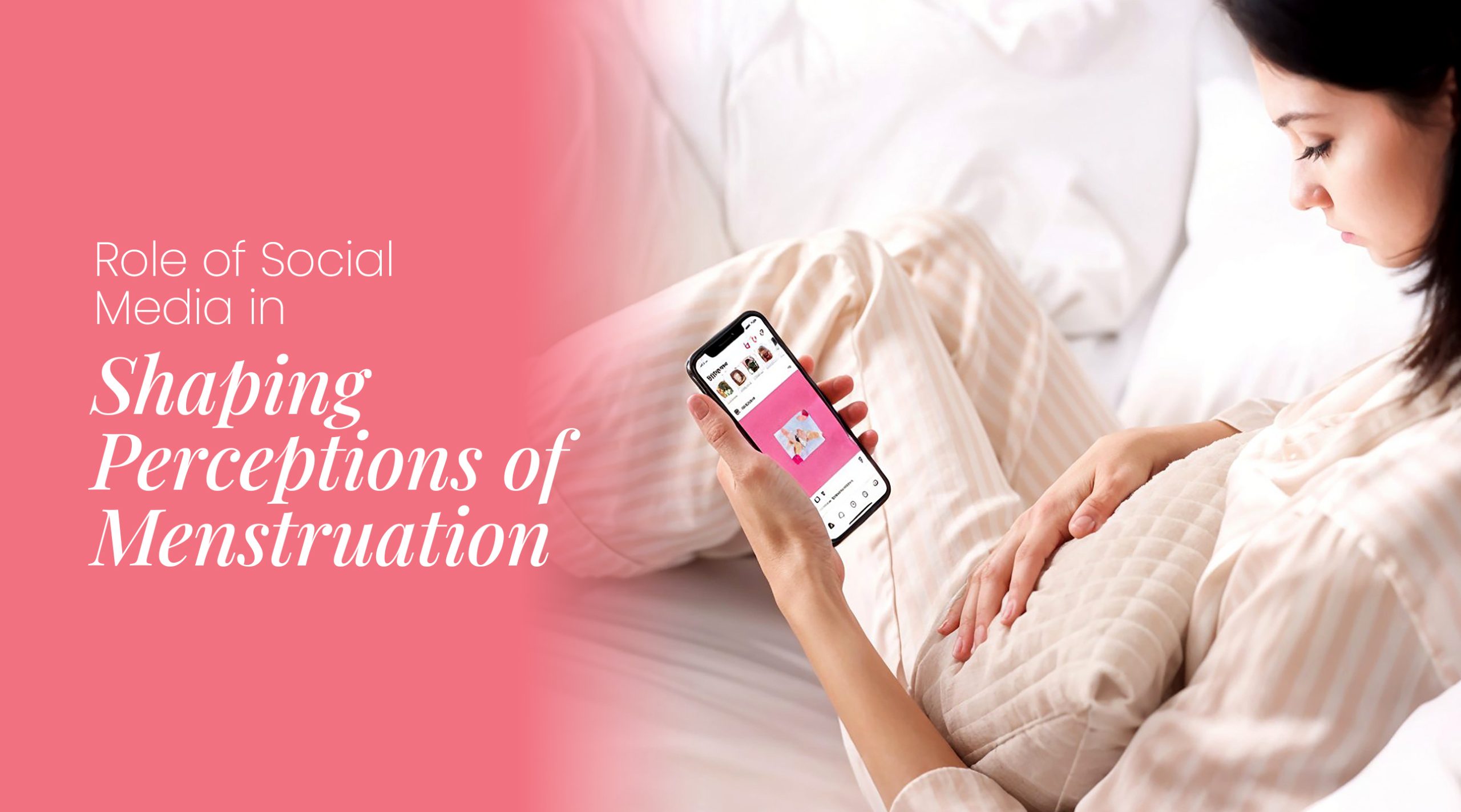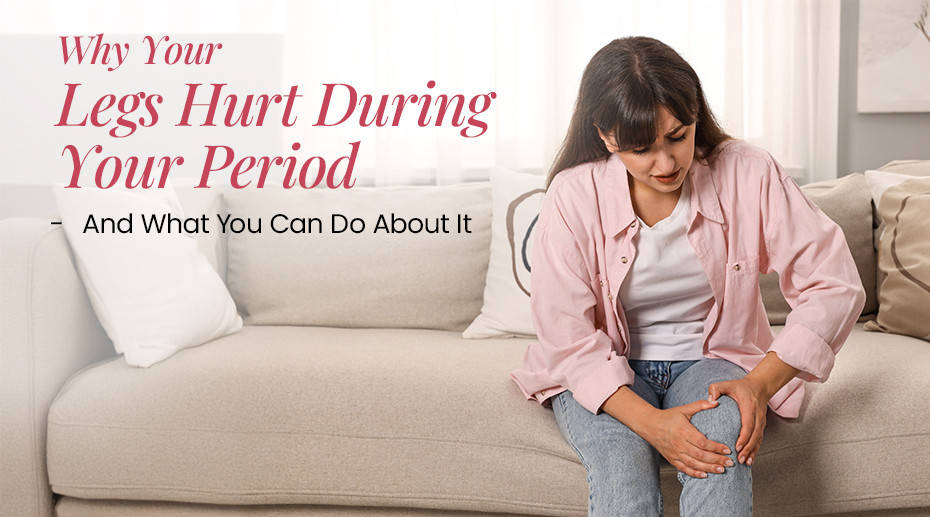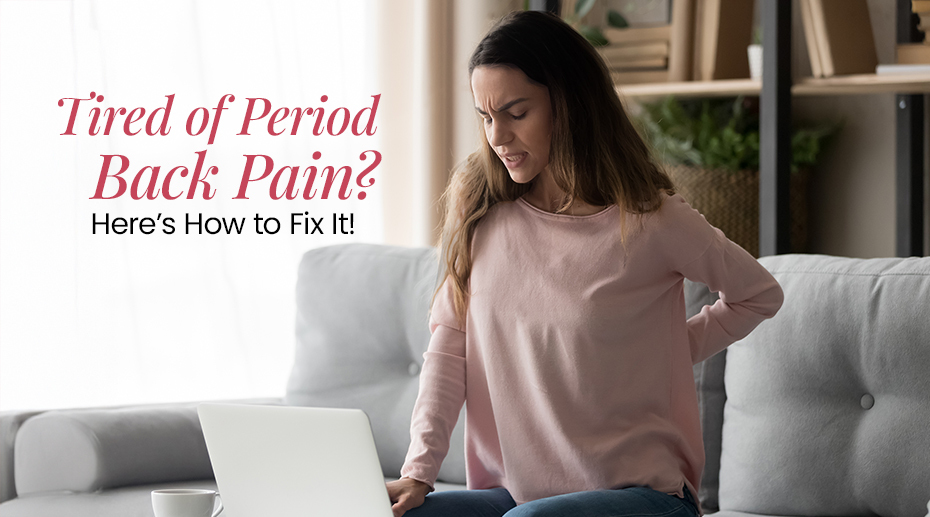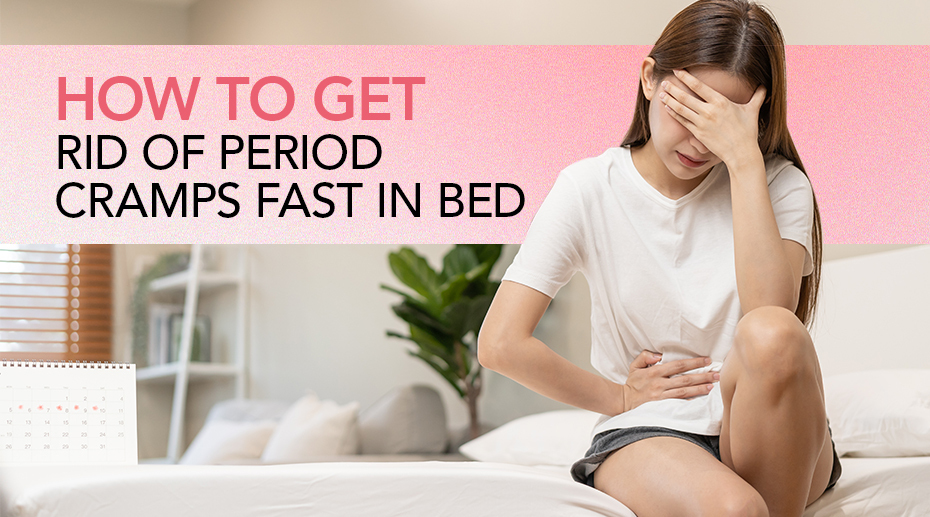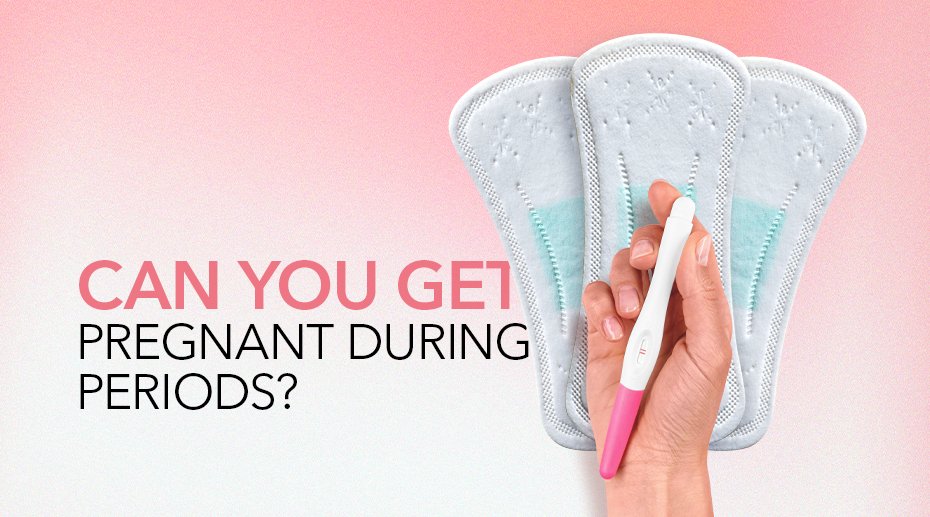
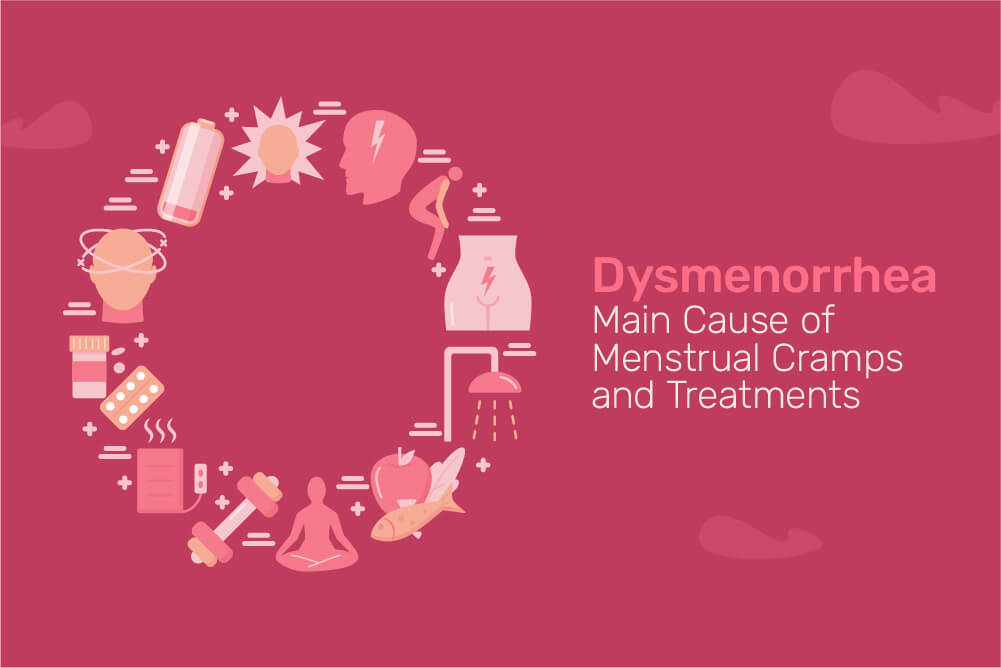
What is Dysmenorrhea?
If I want to explain dysmenorrhea, it is a medical terminology for painful periods. It is a common condition that a woman has to face during their reproductive years which causes discomfort and pain during and before periods. The severity of these menstrual cramps can range from mild to severe. Thus, for some women, it may interrupt their daily activities and for some, it might not be a reason for worry. Dysmenorrhea affects around 70% of total menstruators. However, treating the cause can be a road to heaven. The cause of dysmenorrhea can be due to many reasons. In this blog, we will discover what is dysmenorrhea, its types, causes, and treatment options.
Types of Dysmenorrhea
There are two main types of dysmenorrhea: primary dysmenorrhea & secondary dysmenorrhea. The clinical presentation of both the types are similar but differentiating between primary and secondary dysmenorrhea helps understand varied causes & treatments for menstrual pain.
Primary Dysmenorrhea
Typically dysmenorrhea is associated with psychogenic causes which means the root cause of this type of pain is psychological however, in recent days it is caused due to biochemical causes. The primary cause can be due to the prostaglandins- a natural chemical that is made in the uterus lining. It involves pain and inflammation that triggers uterine muscle contractions which then causes menstrual pain.
Secondary Dysmenorrhea
The secondary dysmenorrhea can be highly painful and it needs to be treated with proper medical guidance. This type of period pain begins in the earlier phase of menstruation and lasts longer than your typical pain. It is caused by underlying medical issues such as endometriosis, fibroids, or pelvic inflammatory disease (PID).
Out of the above-mentioned stats, from around 70% of women, around 60% of them face primary dysmenorrhea, and the rest 10% have to face the horrible secondary dysmenorrhea that not only disrupts their physical health, but also their mental health.
Symptoms of Menstrual Cramps
- Typical throbbing pain in the lower abdomen
- Pain around the pelvic area
- Radiating pain around the lower back and thighs
- Other Symptoms like nausea, vomiting, diarrhea, headache, fatigue, and dizziness can accompany severe menstrual cramps.
Main Causes of Dysmenorrhea
Endometriosis
In this condition, the lining of the uterus grows outside the uterus due to which the tissue bleeds during menstruation which causes swelling, inflammation, and intense pain. Endometriosis sometimes also leads to fertility issues.
Adenomyosis
Adenomyosis is a medical condition where the tissue lining the uterus begins to grow into the muscular wall of the uterus. This can cause the uterus to enlarge, leading to heavy or prolonged menstrual bleeding, severe cramping, and discomfort during menstruation. It may result in an enlarged and tender uterus, impacting women typically in their 30s and 40s.
Depending upon the severity of the pain, the treatment may differ from taking medications to going under surgery in some serious cases.
Fibroids
Fibroids, also known as uterine leiomyomas, are noncancerous growths that develop in the uterus. They are made of muscle and fibrous tissue and can vary in size, from as small as a seed to as large as a grapefruit. Fibroids often don’t cause symptoms. However, when they do, symptoms may include heavy menstrual bleeding, prolonged periods, pelvic pain or pressure, frequent urination, or difficulty emptying the bladder.
For treating fibroids the doctor may ask to rely on medications for surgical procedures, depending on the size, number, and impact of fibroids on a person’s health.
Pelvic Inflammatory Disease (PID)
Pelvic Inflammatory Disease (PID) is an infection of the female reproductive organs, usually caused by sexually transmitted bacteria such as chlamydia or gonorrhea. It typically starts with an infection in the cervix that spreads to the uterus, fallopian tubes, or ovaries. PID can cause symptoms like abdominal pain, fever, unusual vaginal discharge with a strong odor, painful urination, pain during intercourse, and irregular menstrual bleeding. If left untreated, PID can lead to serious complications, including infertility, chronic pelvic pain, and an increased risk of ectopic pregnancy.
Proper medical treatment with antibiotics is essential to prevent complications.
Ways to Reduce Menstrual Cramps
Pain Relievers
Medications like ibuprofen can help to reduce period cramps. It is recommended to first consult a healthcare professional before consumption of any medicines.
Hormonal Medications
If the cause of dysmenorrhea is psychological, then you can try hormonal therapy which generally includes birth control pills or hormonal IUDs that can help to manage period pain at a certain level.
Period Pain Relief Device
Yes, a period pain relief device is a period pain relief gadget that can help to alleviate menstrual pain naturally. This device is based on TENS technology, a clinically and scientifically tested and proven solution to manage period pain. It comes with 2 patches and a cable to connect to your lower abdomen area. The tiny vibrating currents passed through this device help to provide relief and due to this a hormone called oxytocin hormone known as a good hormone is released that makes you feel free from any pain in your entire body.
Other Period Pain Relievers
Relying on traditional methods like applying heat pads, maintaining a healthy diet, taking proper rest, and avoiding smoking, caffeine, and alcohol. Doing regular exercises or yoga, taking back massages, and consuming herbal tea can help to manage dysmenorrhea.
Dysmenorrhea poses significant challenges for women, impacting their daily lives. Making mindful decisions and taking proper care can help in managing dysmenorrhea.
Understanding the types, causes, management strategies, appropriate treatment, and adopting lifestyle changes, ensures a better quality of life during menstruation.
Answering More Questions Regarding Dysmenorrhea
What is the cure for dysmenorrhea?
Dysmenorrhea can be cured instantly through nonsteroidal anti-inflammatory medications, or NSAIDs, such as aspirin and ibuprofen. If you are someone who doesn’t like to rely upon medications then there are some home remedies and also some natural ways to get rid of menstrual pain.
Can dysmenorrhea cause infertility?
If the intensity of pain is severe and the chances are that you are suffering from secondary dysmenorrhea, then there are chances that it may cause infertility, however, taking proper treatment and some natural remedies can help to heal.

